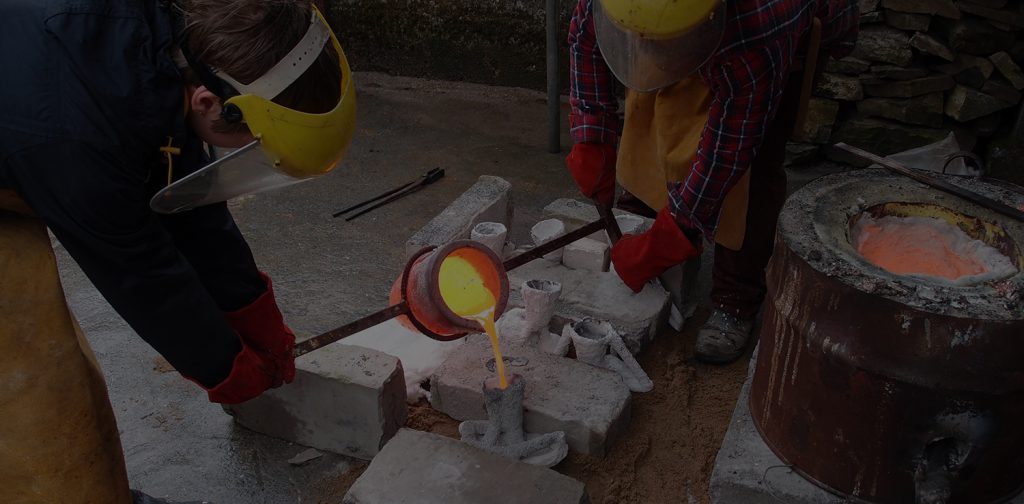Composition of Non Ferrous Metals for Casting
Any solid block of metal, which the manufacturers can mould, is fit for casting purposes. It happens at the Foundries that are factories meant for metal casting work. The Non-Ferrous Metal Castings Products Manufacturers execute the process with the right methods, incorporating the required levels of expertise to produce standard casts with maximum value and efficiency.
The metals and their casting methods influence each other. The manufacturers choose the casting process depending on how the metal will behave during the molten, cool and solid-state. For this, the Foundries determine the characteristics and properties of the metals before casting them.
What are Non-Ferrous Metals?
Non-ferrous metals are those metals that do not have iron in their chemical composition. While ferrous metals contain iron, for the most part, non-ferrous ones are found in the Earth as chemical compounds. The most important ones are sulphides and oxides. Other common groups of non-ferrous metals include copper bases alloys like bronze and brass.

Common Types of Casting of Non-Ferrous Metals
- Silver, platinum, gold
- Copper and its alloys like brass and bronze
- Platinum, Nickle, Palladium
- Titanium
- Aluminium
- Zinc
- Tin, Lead
Engineers prefer non-ferrous metals for their innovative attributes. It is lightweight and is corrosion resistant. The metals have conductivity, non-magnetic properties besides having a practical decorative value.
- Copper
This is another known non-ferrous alloy and is between red and brown in colour. When during the unalloyed state, copper is soft, ductile and not so strong as carbon steel. But because of its improved mechanical properties, the manufacturers can mix copper with other metals to make an alloy. The experts alloy copper with tin to form bronze, with a considerable amount of zinc to form brass. Common applications include electrical wires, terminals, plumbing tools etc.
- Brass and Bronze
Brass and Bronze alloys were the first metals cast by humanity, while the manufacturers made use of copper alloys for sand casting. Compared to ferrous metals, you can melt them at lower temperatures. The manufacturers also prefer these alloys for their detailing capability, making them ideal for decorative applications like statues.
Both metals are softer than steel and are resistant to corrosion in salt; consequently, they serve different marine industry applications, like boat fittings. Additionally, brass is resistant to metal wearing against itself, so you can use them to build mechanical parts like propellers. Although the alloys are expensive, they have a high demand in the market.
- Aluminium
With a low density than iron, this vital material serves applications that require strength but no weight. An example is the aerospace industry. Aluminium is corrosion-resistant because, much like stainless steel, it reacts to oxidisation by building an oxidised shell for protection. Aluminium also has a low melting point than steel which makes it suitable for casting.
NAP Engineering Works is a reputable manufacturer of non-ferrous metal castings like aluminium, bronze, phosphorous bronze and tin bronze casting. They use state of the art facilities and equipment to manufacture durable products along with strict quality checking. Efficient professionals handle the work ensuring high-quality design, manufacturing and quality.

